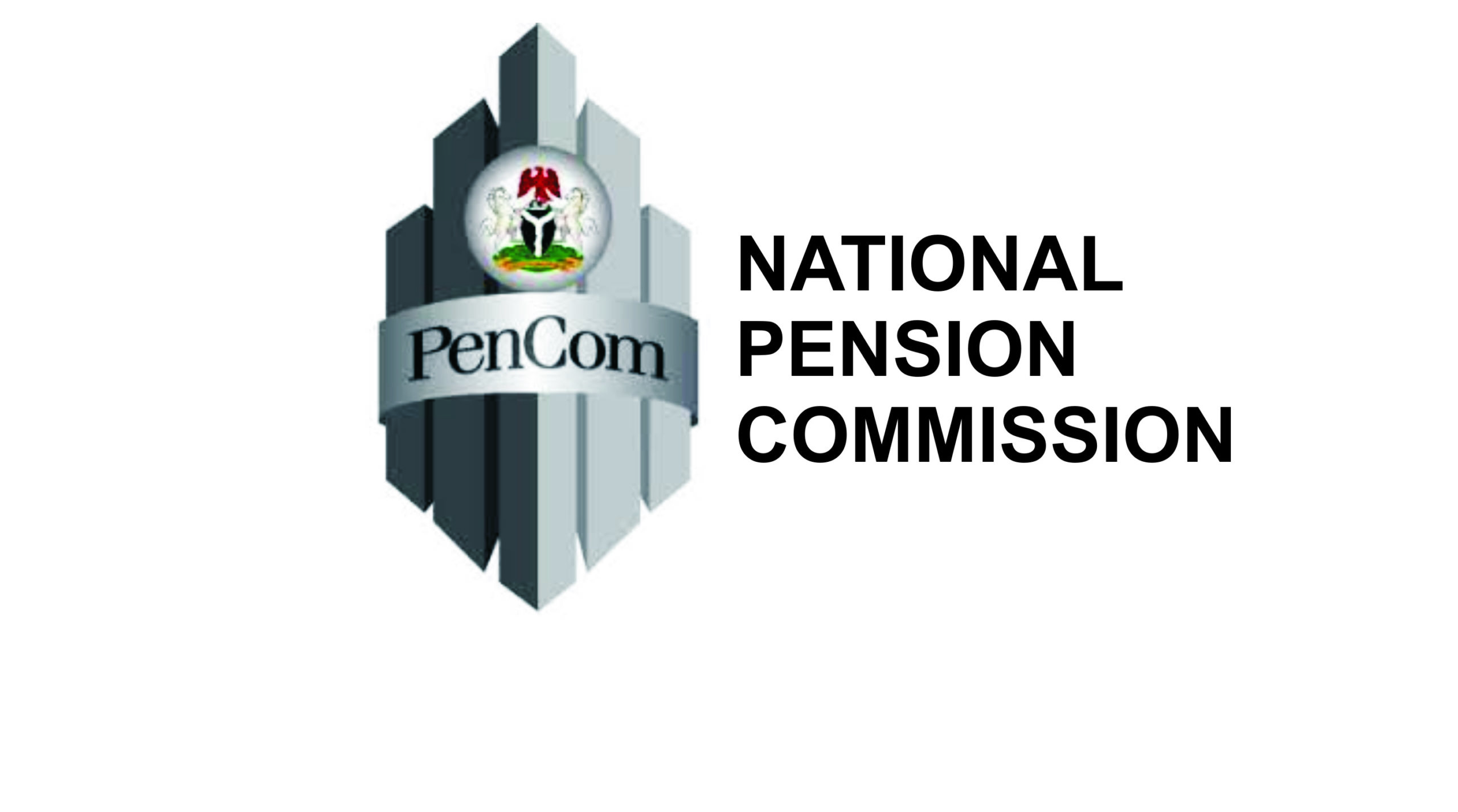
The Director-General of the National Pension Commission (PenCom), Omolola Oloworaran, has stressed that ethical governance has become increasingly vital in today’s fast-changing and technology-driven world.
Oloworaran made the remark during the 20th Anniversary Conference of the Society for Corporate Governance Nigeria (SCGN), themed “Strengthening Ethical Governance in a Disrupted World: Reflection of Governance Journey for a Sustainable Future.”
Represented by PenCom’s Commission Secretary and Legal Adviser, Sani Muhammad, the DG said that trust and transparency form the foundation of the pension industry, describing ethical leadership as essential for institutional resilience and long-term sustainability.
“The pension industry is built on trust and long-term stewardship. As regulators, we bear a profound responsibility to uphold that trust through transparency, accountability, and unwavering adherence to ethical principles,” Oloworaran stated.
PenCom’s Reform Drive
The PenCom boss highlighted the Commission’s ongoing reform agenda, noting that the regulator had in September 2025 issued a Revised Guideline on Corporate Governance for licensed Pension Fund Operators (PFOs).
The updated framework, designed to work alongside the Nigerian Code of Corporate Governance (2018), outlines minimum governance requirements but encourages operators to strive for higher ethical standards.
Oloworaran said PenCom’s regulatory journey has focused on protecting contributors’ interests, promoting compliance, and enhancing integrity in pension fund administration and custody.
“We have raised the bar for corporate governance among pension fund administrators and custodians, leveraging technology to boost efficiency, oversight, and transparency,” she explained.
“Our goal is to ensure that Nigeria’s pension system remains a model of prudence, stability, and public confidence.”
The DG recalled that the Pension Reform Act of 2004 marked a turning point in Nigeria’s pension administration by introducing the Contributory Pension Scheme (CPS), which restored public trust in retirement savings.
Building on that legacy, Oloworaran said PenCom has launched “Pension Revolution 2.0”, a new phase of reforms aimed at deepening governance, inclusion, and sustainability in the pension industry.
“Pension Revolution 2.0 is more than just regulatory reform, it is a renewal of trust, an evolution of our system, and a bold national strategy. It ushers in a new era of dignity for retirees, inclusion for every Nigerian worker, and resilience for our national economy,” she said.
The initiative includes several new guidelines and circulars, such as:
- Revised Guidelines on Corporate Governance
- Revised Guidelines on Appointment of Board and Senior Management of PFOs
- Guidelines on Significant Shareholding in Licensed Pension Operators
- Revised Regulations on Investment of Pension Fund Assets
- Whistleblowing Guidelines
“These instruments set higher standards across critical areas from investment and risk management to governance, compliance, and service delivery,” she added.
Ethics in an Era of Disruption
Oloworaran warned that rapid technological change, global interconnectivity, and evolving business models present both opportunities and risks for financial institutions.
“In an era of disruption, the need for ethical governance becomes even more critical. Institutions that neglect ethics risk losing credibility, legitimacy, and even viability,” she cautioned.
She commended the Society for Corporate Governance Nigeria for its leadership in promoting accountability and reflection in governance practice.
“Your advocacy for ethics and accountability strengthens the moral and professional fabric of Nigeria’s leadership landscape,” she noted.
Reaffirming PenCom’s commitment, she concluded:
“We remain steadfast in upholding the highest standards of ethical governance and regulatory integrity. PenCom will continue to be a committed partner in the national effort to promote ethical leadership and ensure a sustainable future.”



